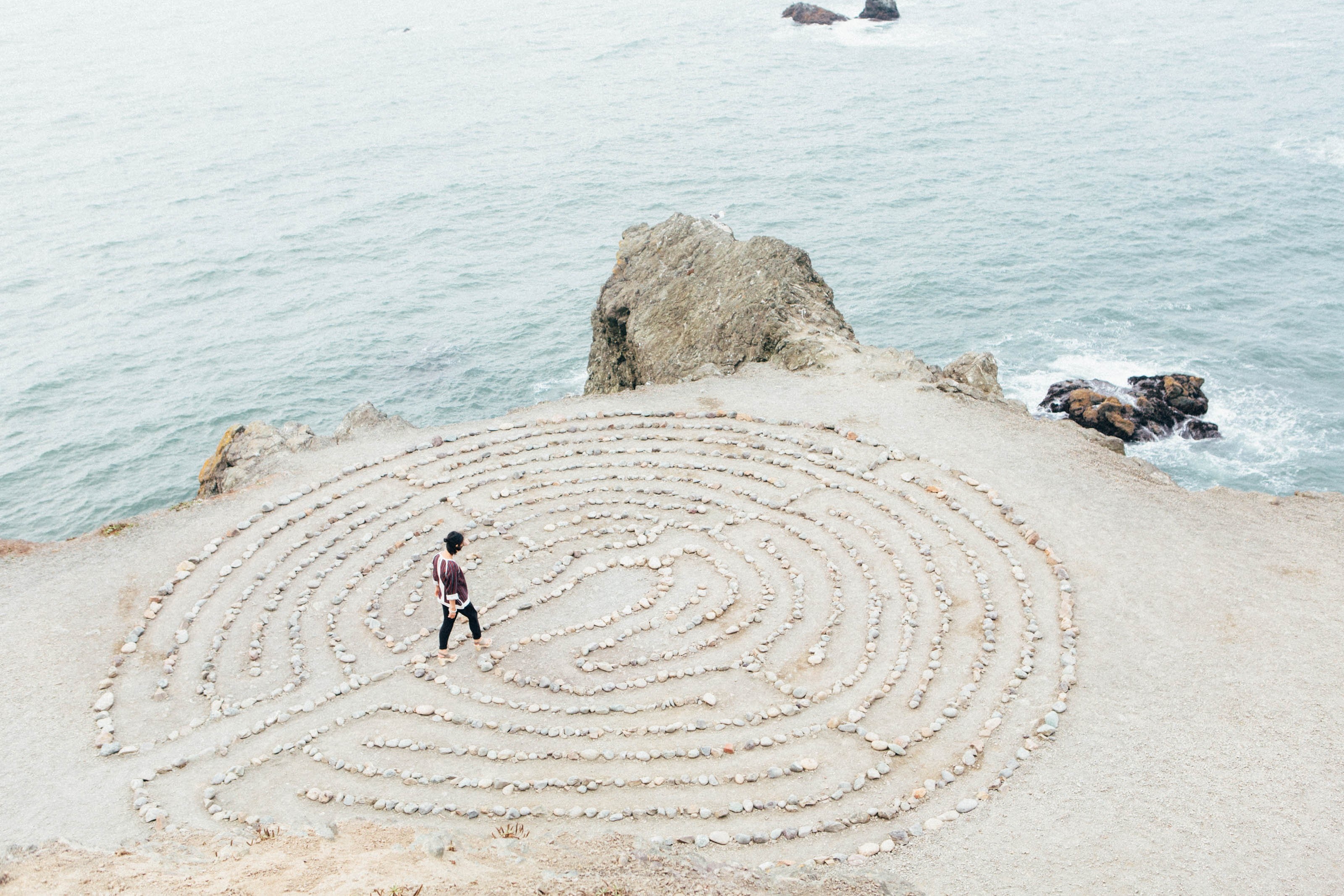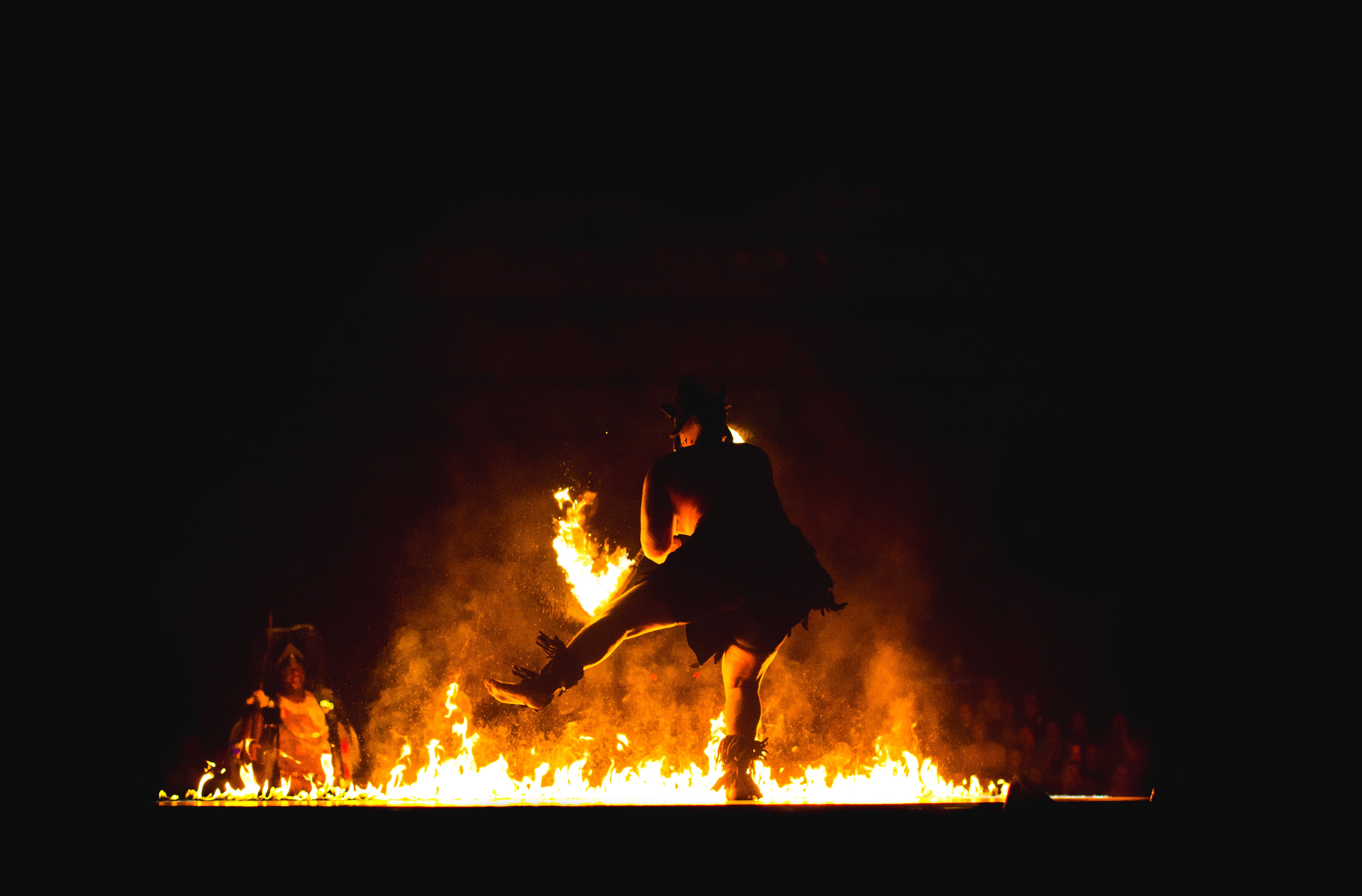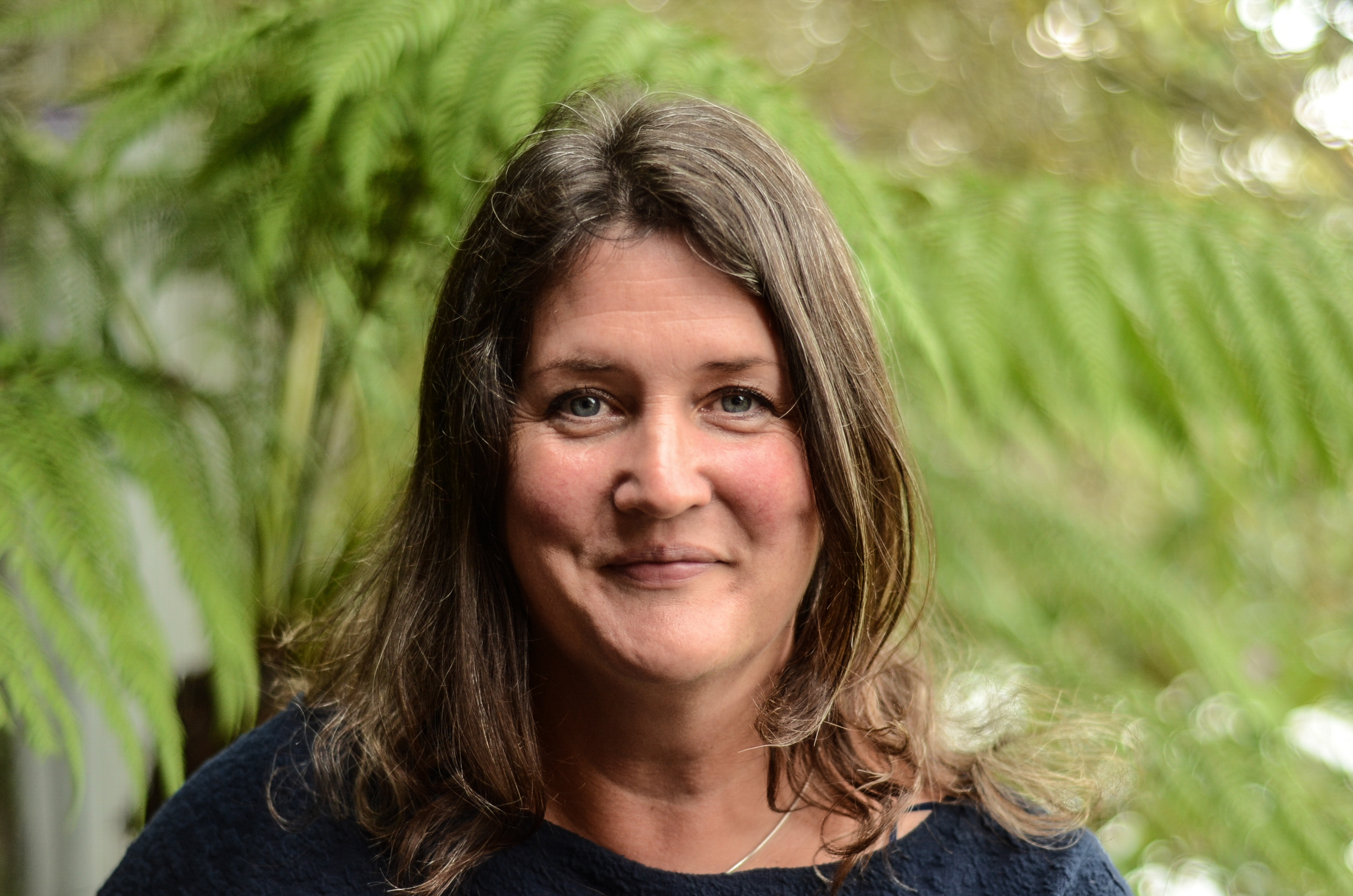
My neighbour went off for a recent bank holiday weekend and was telling me about their routine in making sure their home was secure through a particular process of checking. We had a gentle chuckle about ritual and the seemingly irrational and I shared that I too have ‘my little ways’ when it comes to leaving my home. The whole conversation left me musing this. It made me wonder about how individual and important this sort of thing is in relation to our wellbeing and it made me wonder at which point it becomes an issue – is there a tipping point?
What are rituals?
From my reading around this, rituals it seems are defined as being prescribed by the traditions of a community and they are often also related to etiquette. They may be described as a set of actions or activity that to the outsider could seem irrational or illogical. Indeed, in psychology, the term ritual is sometimes used as a technical term for repetitive behaviour which is systemically used by a person to neutralise or prevent anxiety, it is a symptom of obsessive-compulsive behaviour.
These definitions led me to reflect on how important ritual is in our lives and how empty our lives would be without it. I identified a few categories of ritual and most, if not all of them have a bearing on all of our lives to a greater or lesser extent.

What rituals do we have in common?
· Rituals punctuate our lives – such as naming our babies, marriage, funerals and so forth and within many of these rituals themselves, status and hierarchy within our communities are reinforced.
· Rituals preserve health and life – such as washing our hands before we cook.
· Rituals may be born from superstitions – for people like me this can include wishing upon the ‘parking fairy’ when I’m looking for a space in a busy car park but this may be extended to the mace in parliament for example, or the ravens in the Tower of London.
· Shamanic or so-called placebo approaches to rituals may have a very strong effect and are well-documented in the psycho-therapeutic world.
· Calendrical and commemorative rites – for example holding a minute’s silence create a sense of solidarity and support.
· Feasting, fasting and festivals – as a means for the community to unite in their beliefs, create a collective psychology and an opportunity to come together.
You will notice I have specifically decided not to include religions and other historical activities to honour or pacify higher beings (human sacrifice is far less common these days for example!). Either way, rituals have been around in one form or another probably since the dawn of time. They could even be perceived as a form of social control, with things such as festivals being an outlet to relieve tensions.
What is the difference between a ritual and a habit?
I suspect they are not mutually exclusive and can both be present in the same act. One definition I read suggests that a ritual is something done with a purpose outside of the action and a habit is something that is done for the action itself. I wondered if this suggests that rituals and habits are a means of self-control and enhance meaning in life, even if this include bad habits – perhaps they help to define your role and who you are through what you do.

What about you?
I suspect that, regardless of our beliefs and outlooks, we all have our little ways, our rituals, our habits and in turn, they may or may not support wellbeing. Perhaps we would do well to observe them and reflect on them a little more? This could be as simple as noticing if you always put your left sock on before your right or always starting with your hair when you are in the shower.
It seems to me that individualised rituals create a stability in the world and indeed have formed the basis of many sayings including “stuck in their ways”, “got out of bed the wrong side” or “you get used to their ways” etc. And rituals could be anything including reading a few pages of a book before going to sleep, watering the potted plant and tidying up your desk before you can work and so forth. Many of us may find it difficult or even feel silly to admit to this, as ritual and behaviour is so very deeply personal.
Why is it important to reflect on this?
Reflecting on this and being mindful of why we do what we do in the way that we do, can be the difference between this being a perfectly normal and healthy approach to life and work or it could create a real problem with being entrenched, possibly even with a serious diagnosis such as obsessive-compulsion. The same could be applied to our thought patterns, how we reach conclusions, our assumptions, how we punctuate our day or how we address anxiety and these could help us to manifest more of this so-called happiness (a great subject for a future blog!).
What could you do to explore your rituals or your habits? Could this in turn help you to become an even more dynamic or flexible thinker? Could this help you develop your emotional intelligence? How could this enhance your life, your family or your career? How could you feel less stuck? How do you deal with people who are entrenched at work or at home and are having an impact on you and the dynamic of people around you?
There are never any easy answers any to this and certainly there is no one-size fits all approach and neither is there a top tip list of suggestions. Coaching sessions could help and this is a tool I often use within my own practice and a growing and compelling evidence base suggests that a facilitated time to simply think, reflect and plan such as this, can bring about huge shifts in all sorts of aspects!


